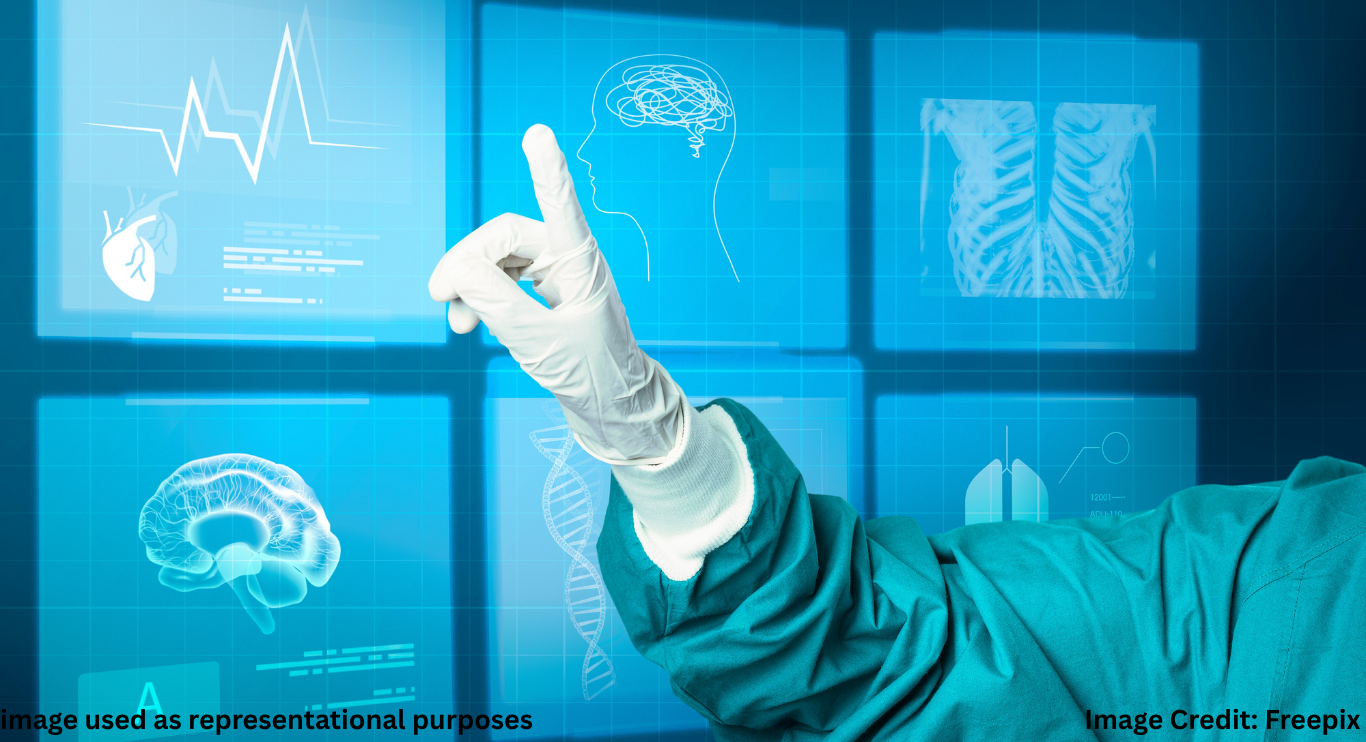
Cutting-edge Research in Medicine
Cutting-edge research in medicine is not just a phrase thrown around at conferences. It’s the lifeblood of innovation, directly impacting how we prevent, diagnose, and treat disease. From AI-assisted diagnostics to CRISPR gene editing, new breakthroughs are reshaping modern healthcare systems—and our everyday lives.
What is Cutting-Edge Research in Medicine?
Cutting-edge research in medicine refers to the development of new technologies, treatments, and strategies that push the boundaries of current medical knowledge. It goes beyond routine care to target previously untreatable or complex conditions using pioneering science.
At Johns Hopkins Medicine, for example, researchers have developed brain-computer interfaces allowing paralyzed individuals to move robotic limbs with their minds—an incredible leap forward.
Real-Life Breakthroughs You Should Know
Let’s take a closer look at real-world examples of medical innovation that are already making waves:
1. mRNA Vaccines
mRNA technology, previously theoretical, gained global attention through the COVID-19 vaccines. Moderna and Pfizer didn’t just stop a pandemic—they paved the way for future vaccines targeting HIV, cancer, and autoimmune diseases.
2. CRISPR-Cas9 Gene Editing
Researchers are using CRISPR to edit defective genes, aiming to treat conditions like sickle cell anemia. A recent clinical trial saw a patient walk away free of sickle cell symptoms—a major milestone.
3. AI for Early Diagnosis
AI algorithms now detect early-stage lung cancer with more accuracy than human radiologists. Hospitals such as Mayo Clinic have already adopted these systems, drastically improving survival rates.
Artificial Intelligence in Modern Medicine
AI isn’t science fiction anymore. It’s helping doctors read scans, predict patient outcomes, and even prescribe treatment plans.
Hospitals using IBM’s Watson report improved diagnostics for rare diseases. AI platforms like Google’s DeepMind are being tested in eye disease diagnosis and are showing diagnostic precision above 90%.
Gene Editing and Personalized Medicine
Gene therapy is shifting the focus from treating symptoms to curing diseases at the source.
In 2023, a young girl in London became the first to be cured of leukemia using base editing—a newer, safer form of gene editing. Her story reflects what personalized medicine can accomplish: treatments tailored to an individual’s unique DNA.
How Personalized Medicine Changes the Game
Medication doses customized to genetic profiles
Reduced side effects from trial-and-error approaches
More accurate predictions of disease risk
Regenerative Medicine and Tissue Engineering
Imagine regrowing a damaged heart valve using your own cells. That’s what regenerative medicine aims to do.
Scientists at Wake Forest Institute for Regenerative Medicine have created 3D-printed organs and tissues that mimic the real thing. With more clinical trials underway, the future looks promising.
How Patients Benefit From These Advances
Modern innovations mean quicker recovery times, fewer side effects, and more hope.
Real-life example:
Jane, a 45-year-old diabetic, used a wearable artificial pancreas—a product of continuous glucose monitor (CGM) and insulin delivery integration. Within 6 months, her blood sugar levels stabilized, and she avoided insulin shocks that had plagued her for years.
Challenges Facing Modern Medical Research
While promising, cutting-edge research in medicine also faces obstacles: High costs of clinical trials, ethical debates around gene editing, inequitable access to advanced treatments
Researchers must also battle misinformation and public distrust—especially in the wake of the COVID-19 pandemic. As one doctor told us, “A breakthrough is only meaningful if people trust it.”
Final Thoughts: A Human-Centered Future
Cutting-edge research in medicine is more than flashy headlines or futuristic predictions. It’s about improving lives—yours, mine, and everyone’s.
As these innovations evolve, staying informe
d is essential. Whether you’re a patient, caregiver, or healthcare professional, embracing these changes ensures better, smarter care for all.

Akalumhe Jefferson is a content writer with a new found interest for crafting engaging stories that transport readers to new worlds. Although no current actual background in creative writing but there’s active love for writing



